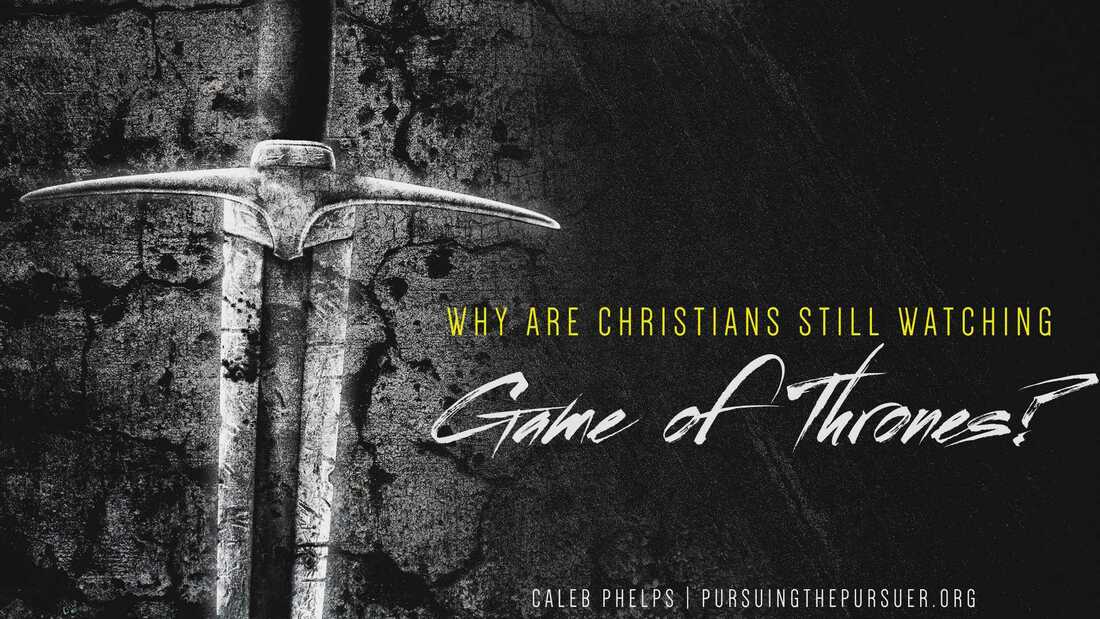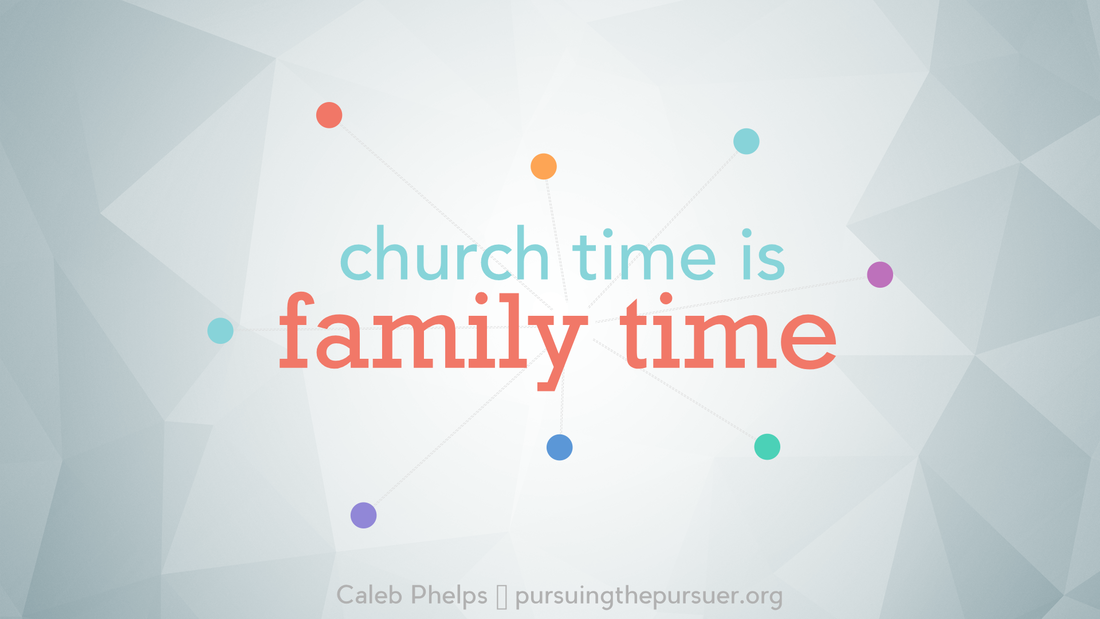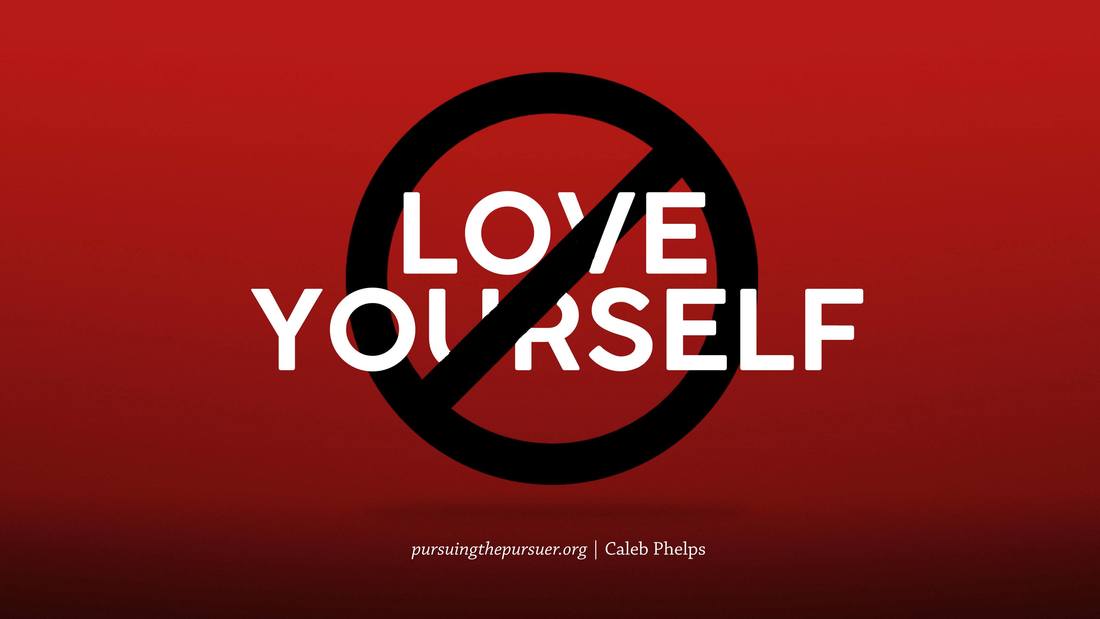|
In case you missed it, HBO just broadcasted the eighth and final season of their show, “Game of Thrones,” which is based off George R.R. Martin’s books. This show (and the books) have now become a sort of cultural phenomenon. The show was the most expensive TV show produced in 2018 and promises to have even more money poured into it in 2019. And why not put that kind of money into it if you’re HBO? Clearly, you’re giving people what they want. An astounding 3.39 million people watched the first episode of season 8. That’s up 20% from the 2.83 million who watched the season 7 premiere, and an increase of 12% over the 3.03 million who tuned in for the season 7 finale.
But it says something about the state of our Christian culture that this show continues to rise in popularity.
2 Comments
One of the chairs will be empty around the table for many this Christmas season. A wife will celebrate the holidays without her husband for the first time. A son will read Luke 2 without mom sitting there alongside him. There will be those not-so-distant memories of a friend’s voice we still cherish, whose quietness now speaks louder than his conversations used to. Those who were near to our hearts will be conspicuously absent. And when the cold, empty seat takes the place of that person we love, we feel the weight of their absence profoundly.
Christians have idols that we love to hate, at least superficially, like materialism or pride. For some reason these are the idols that are the ones that typically get the “amens” and “that’ll preach” comments when the pastor serves up a message about them. But for some reason, there are certain idols that we just love to love. Were the pastor to preach on an inordinate love of conservative politics, or the American dream, or the nuclear family I’d venture a guess that we wouldn’t hear as many “amens” during that sermon. Yet, even the good and well-intentioned things that we do as Christ-followers can become idols if we allow them become so prominent that Christ loses His preeminence in our lives.
We tend to associate the highest godliness with the lowliest service. This is perhaps why most of our discussions on Christian leadership focus on “servant leadership” and we do need this kind of leadership. We need leaders who do something. But I would suggest to you that Scripture teaches leaders lead by both doing and delegating, and it’s the latter we struggle with the most.
In his book The New Hide or Seek – Building Confidence in Your Child, Dr. James Dobson (of Focus on the Family) promoted a concept that has since been adopted by many well-meaning Christians. Dr. Dobson began his book by reciting the story of Lee Harvey Oswald who was the man that assassinated President John F. Kennedy. According to Dobson, Oswald had been put down, ridiculed, and unloved his entire life. Because of this incessant verbal abuse, Oswald sought to find something – anything – that he could pour his life into. The one thing he could do well was shoot a rifle. Oswald grew so enamored with shooting and so put-down about his own personal worth, that, one thing leading to another, he shot and killed President Kennedy on November 22, 1963. Said Dobson about this sad case, “Oswald never published his early self-doubts and loneliness – nor would we have paid much attention if he had. But in retrospect there is little doubt that the overwhelming rejection of his early childhood led to deep discontent as a teenager, to his twisted adult life, and to his dark destiny” [1]
|
Popular ArticlesThe Problem With Christian Trump Supporters
How to Have Personal Standards Without Being a Legalist The Heart of Modesty Stop Trying to Reach Millennials AuthorsLike our Facebook page to keep up with the latest articles!
Categories
All
Archives
November 2020
|






 RSS Feed
RSS Feed
